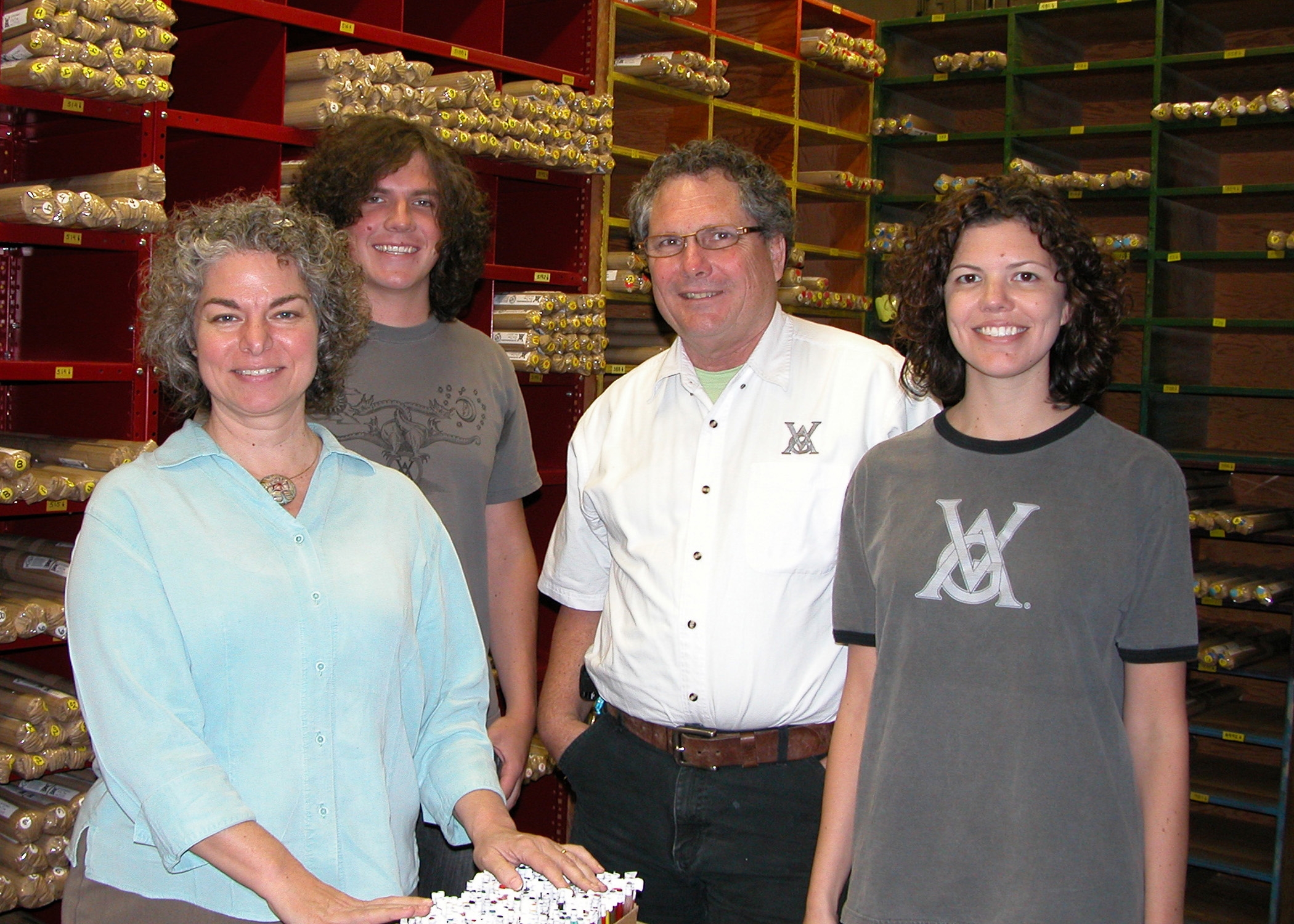Among the CEOs on the 2016 list of America’s fastest growing companies, half grew up in a family business.
The fact that the second and later generation children of enterprising families are more likely to go into business is of great importance in Oregon where upwards of 80 percent of our businesses are family-owned.
At Oregon State University one quarter of our undergraduates have grown up in a family business, and often there is a noticeable distinction in their approach to their education. Their inside experiences into the commitment, grit, savviness, sacrifices, and creativity that it takes to make a business successful impact their career decisions. Every one of them can tell you the menial, or sometimes critical, job that they were assigned at the family company even before they started high school. But that work ethic gives them an advantage for their next opportunity, whether carrying on the family’s business or starting their own.
As current family business owners plan their exits from the business, the conversation with the next generation should be intentional, open and start early. Delays can lead to misunderstandings. These questions are on your college-age successor’s mind now that a larger world of career options has opened up to them. Parents who are interested in getting the next generation to consider the family’s business should be ready with answers.
Do you see me running this business as a partnership with my siblings or cousins?
Given the desire to treat children equally, parents can implicitly pressure successors to share the business with siblings and cousins in their generation. Be honest about this wish with your successor. Consider times when estate plans are sometimes structured where the operating business is left to one child and the real estate, where the business is located, to another child, who is typically less active in the business. While this may seem to be an effective division of assets, unless there are pre-established long-term lease provisions, these two siblings are now in business together.
Alternatively, some siblings enjoy working together. Glass Alchemy siblings Jodi and her brother Thomas Grimmett knew that they would be a strong team to buy the business from their parents. The announcement that the next generation of the family was making the commitment to succession was celebrated by employees and longstanding customers and strengthened the core business.
Are you waiting for a downturn to hand over the business?
Many business owners, including Tom Kelly of Neil Kelly, learned how to really run a company by coming on board during an economic downturn. Businesses have recovered from our recent downturn and the lessons learned need to be shared with heirs who will face the next downturn without you.
Will you accept that technology upgrades are critical to our competitiveness?
Bringing in the next generation to the business generally means new investments in technology upgrades. Having worked at internships at Daimler and Nike, building the new website for Adhesive and Packaging Systems, Inc. was third generation successor Chris Bamburg’s first priority after returning to the family business.
What would you think if I made some changes to the business?
Entrepreneurial children are a natural product of the entrepreneurial environment they were raised in. Recent research about family business success has found that by three generations families have typically owned almost six businesses. Although some children are not excited about the legacy business their business acumen can be deployed in other industries, building on assets and capital from the original business. The sanitation industry can be a tough sell but, like Pride Disposal, the next generation is more engaged with the introduction of advanced technology and the focus on sustainability and recycling.
When can I meet your most trusted advisors?
Future business owners need to know who their parents count on for advice and counsel on business matters. They need to create professional relationships with these advisors to assist in succession planning and to facilitate any unexpected transition. TEC Equipment executives schedule separate and regular meetings with Dave Thompson’s three sons to update them on the business and deepen their understanding of the current and future plans.
After I buy you out will there be anything left to reinvest in the business?
Sound business and financial plans have to exist to give the successor every advantage to grow the business. These questions are your opportunity to pitch the business as a ready opportunity to grow the family legacy of community and employee commitment. Your answers will guide the timing and structure of the succession planning process and signal to future generations your willingness to prepare an intentional plan to give them the best advantage for success. Families looking for additional resources on succession planning can learn more at business.oregonstate.edu/familybusinessonline.
Sherri Noxel is the director of the Austin Family Business Program.





